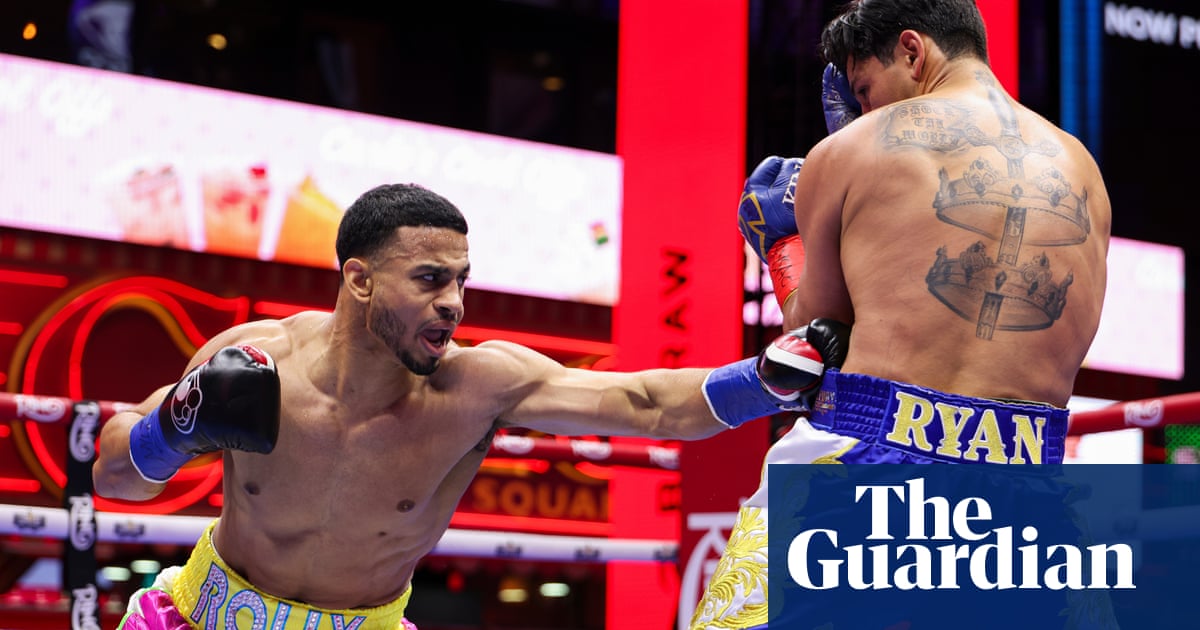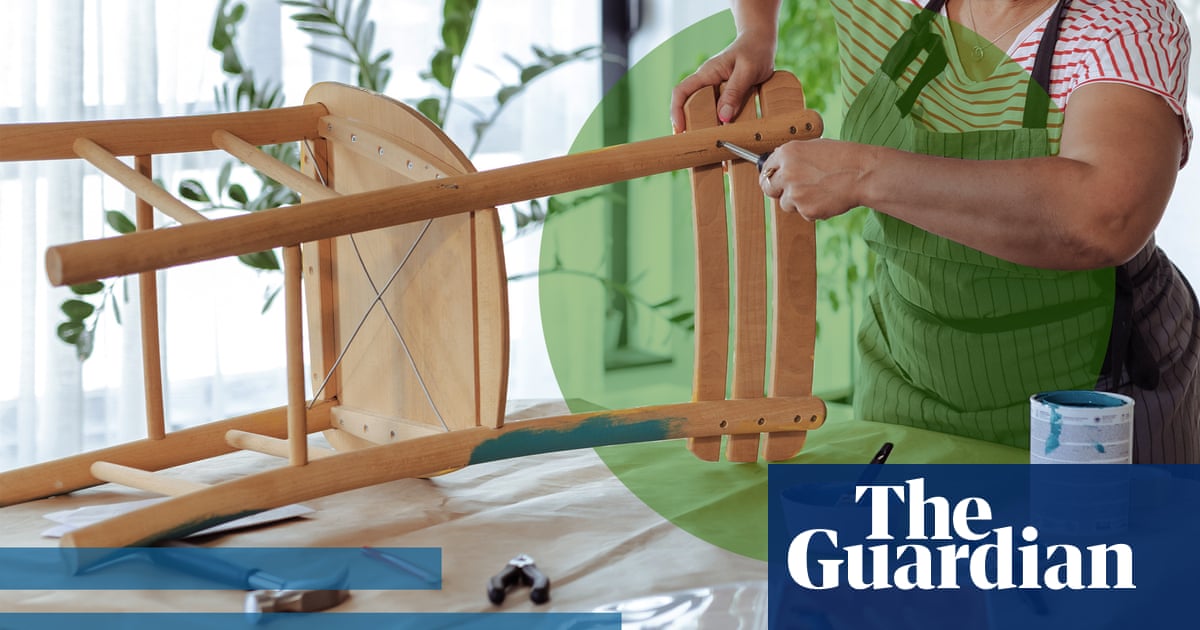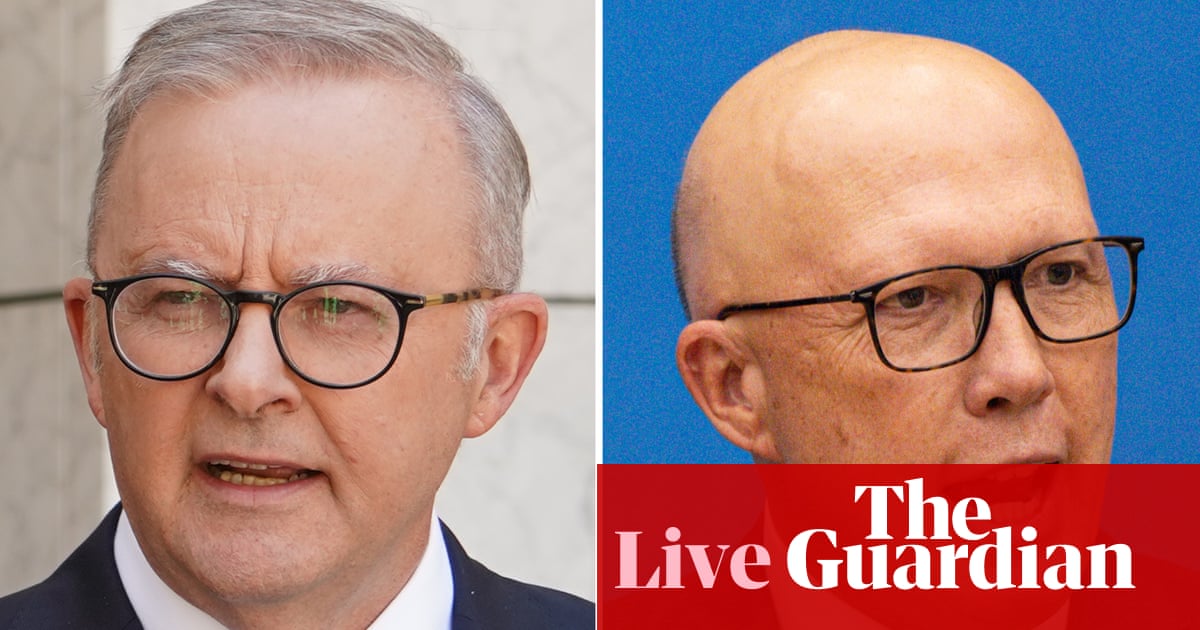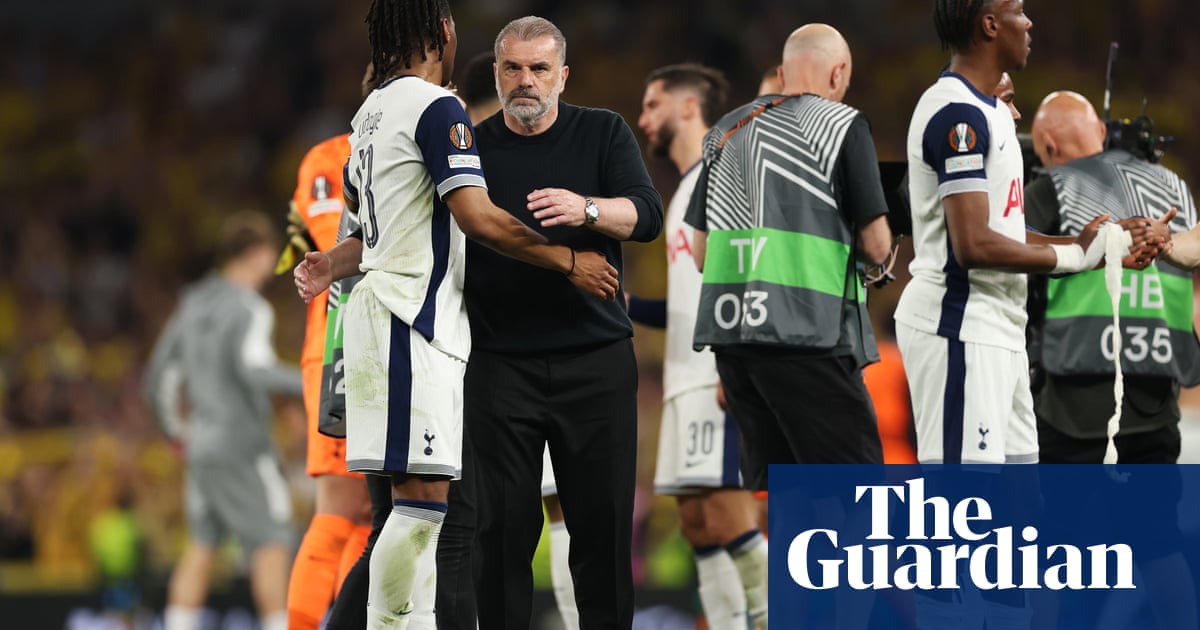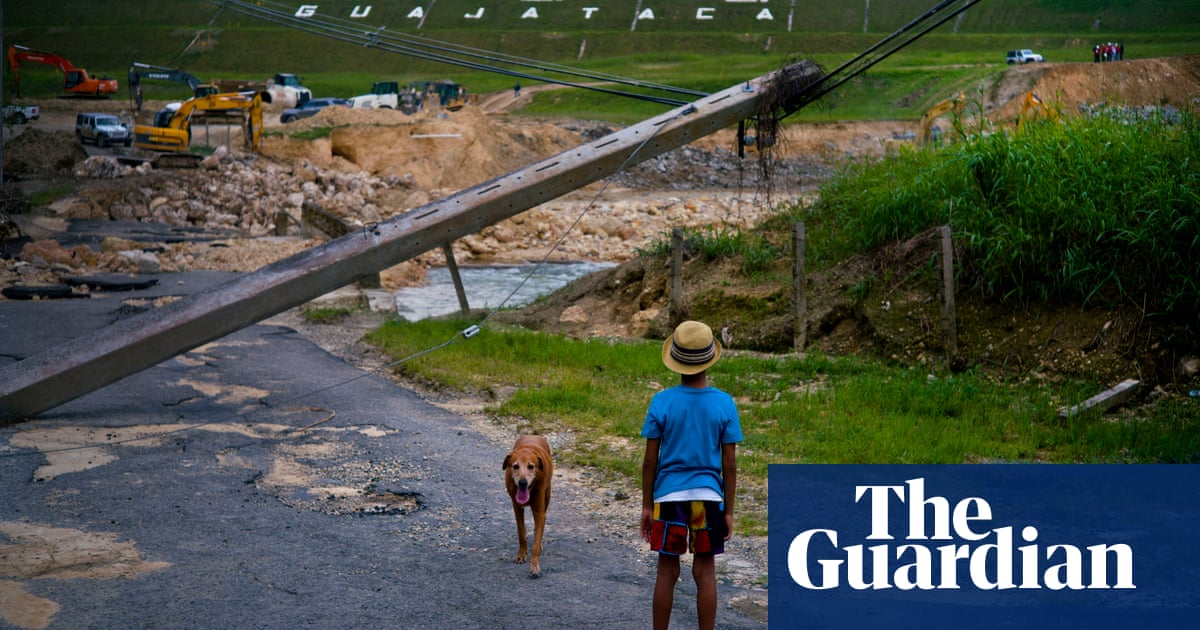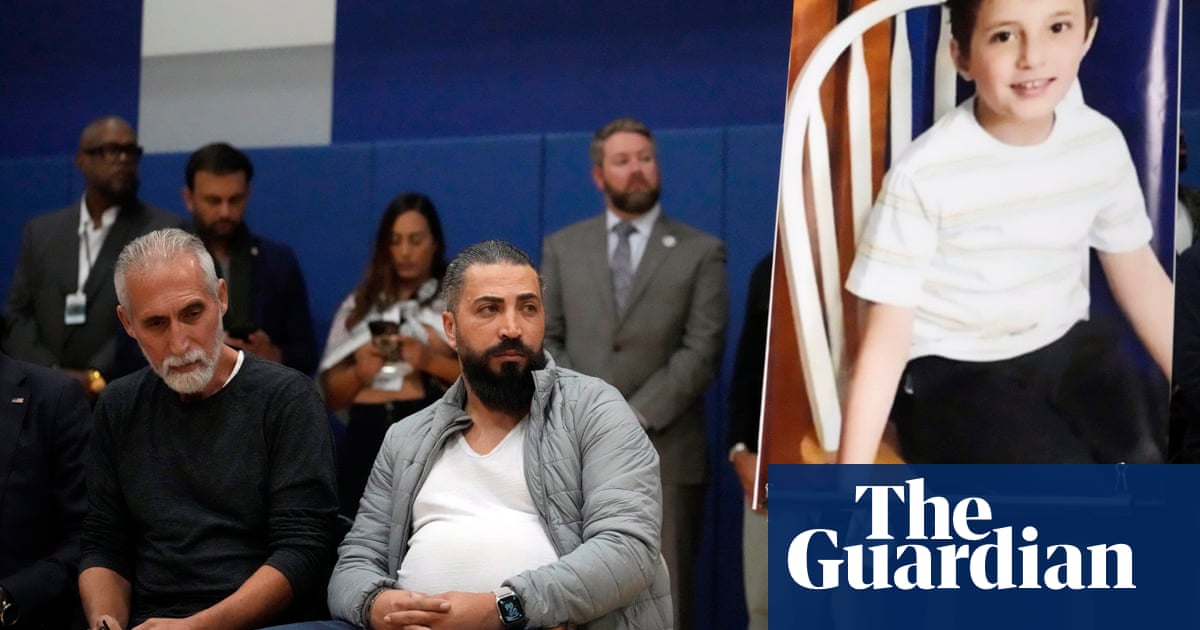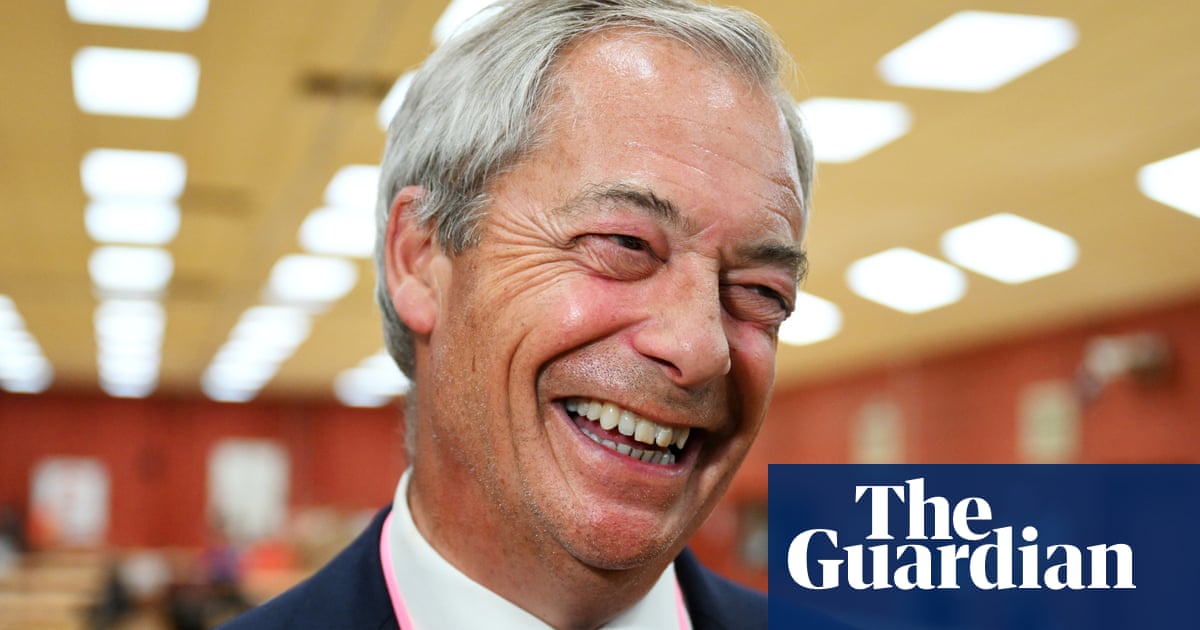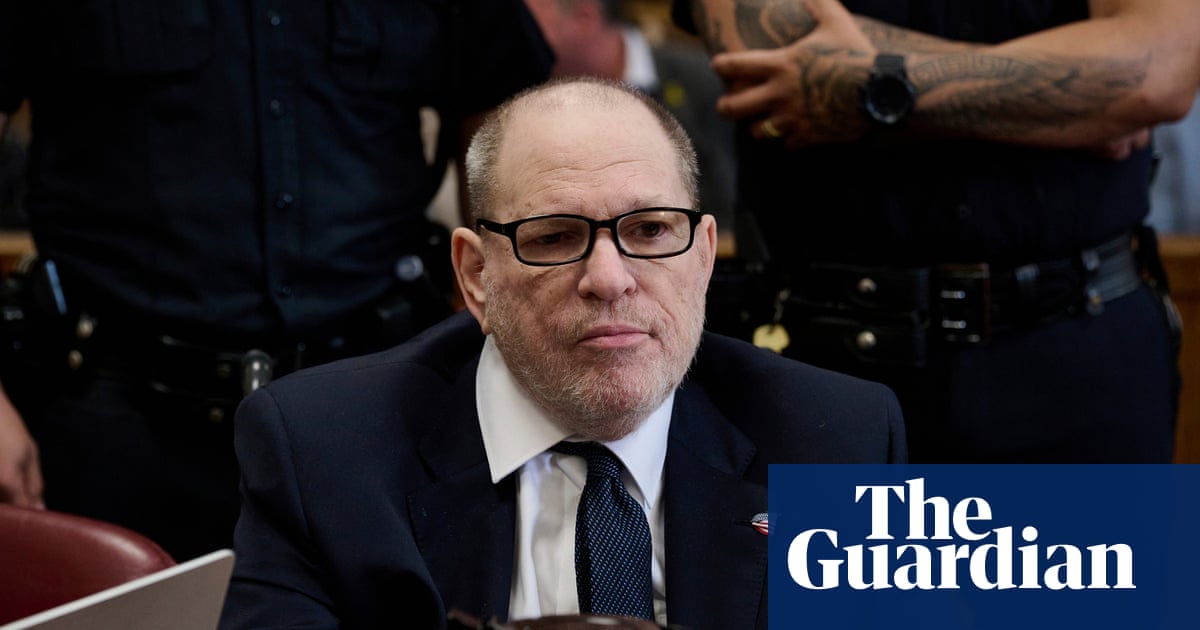King Charles has accepted an invitation to open Canada’s parliament on 27 May, in “an historic honour that matches the weight of our times”, the country’s prime minister, Mark Carney, said on Friday.
In his first news conference since an election dominated by Donald Trump’s threats to Canada’s sovereignty, the prime minister also confirmed he would meet the US president at the White House on Tuesday.
Trump has repeatedly suggested annexing Canada to the US and imposed tariffs on some Canadian goods, moves which Carney has described as a “betrayal”.
“As I’ve stressed repeatedly, our old relationship, based on steadily increasing integration, is over,” he said, adding he would “fight” to get the best deal for the country. “The questions now are how our nations will cooperate in the future.”
Carney’s Liberals are set to form a minority government after Monday’s election, and are projected to hold at least 168 seats, with recounts pending in at least two electoral districts. The Conservatives will form the official opposition with a projected 144 seats, while the Bloc Québecois won 23, the progressive New Democrat party seven and the Greens one. Carney praised the strength of the country’s democracy amid high turnout, telling reporters all party leaders “quickly and graciously” accepted the results.
The prime minister said he would call a byelection immediately after Conservatives decide which member of parliament will step aside to give leader Pierre Poilievre, who failed to win his own seat, the chance to run for a new seat.
“No games,” he said.
But Carney rejected the idea of signing a formal pact with the NDP in order to guarantee the survival of his minority government, as his predecessor Justin Trudeau did following his narrow electoral victory in 2021. Carney said the Liberals had received a strong mandate “and the most votes in Canadian history”, adding: “Canadians elected a new government to stand up to President Trump and build a strong economy.”
Carney told reporters he would announce a cabinet with gender parity on 12 May and parliament would return on 27 May in a move that “clearly underscores the sovereignty of our country”.
The visit of a monarch to give the speech from the throne marks the first in more than half a century. The last time a sovereign opened parliament was in 1957, when Queen Elizabeth II came to Ottawa.
The prime minister also acknowledged that a large portion of the voter base had concerns they felt the Liberals had so far failed to fully address.
Ahead of the election, the Conservatives had emphasized a “tough on crime” message and Carney said on Friday that his party would strengthen both the criminal code and bail laws “for those threatening the safety of Canadians”, making it more difficult for those accused of auto theft, home invasion and human trafficking to obtain bail. Carney also pledged to build more houses and to cut taxes on new builds in an attempt to make the real estate market more accessible.
“I’ve been clear since day one of my leadership campaign in January, I’m in politics to do big things, not to be something,” he said. “Now that Canadians have honoured me with a mandate to bring about big changes quickly, I will work relentlessly to fulfil that trust.”
Much of the press conference, however, focused on Carney’s upcoming meeting with Trump. The prime minister told reporters he would not negotiate in public amid questions over how he might approach a possible trade deal with the president, as well as the presence of tariffs on Canadian goods that violate current trade rules.
“Do not expect white smoke out of that meeting,” he said, a reference to the upcoming papal conclave.
The White House has cited the alleged flow of fentanyl from Canada for imposing tariffs, even though only minimal amounts of the drug have been seized at the northern border in recent months.
“There will be difficult discussions,” Carney said in French. “The fentanyl-related tariffs, we don’t understand why they’re still in place.”
When pressed on Trump’s musing on making Canada the 51st state, Carney said any such proposal would be rejected by Canada.
“It’s always important to distinguish want from reality,” he said.

.png) 12 hours ago
10
12 hours ago
10

